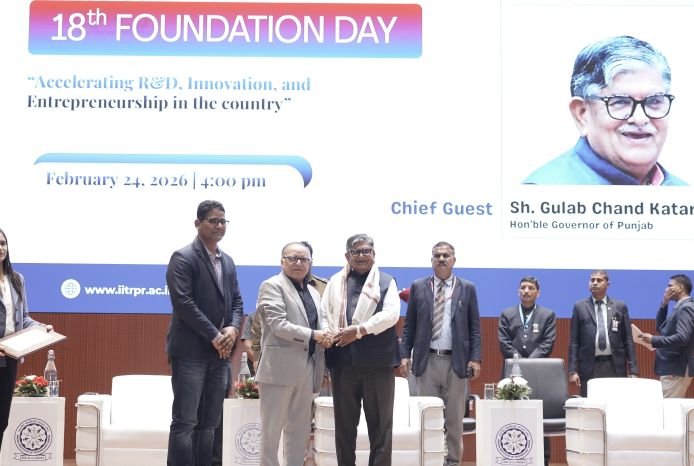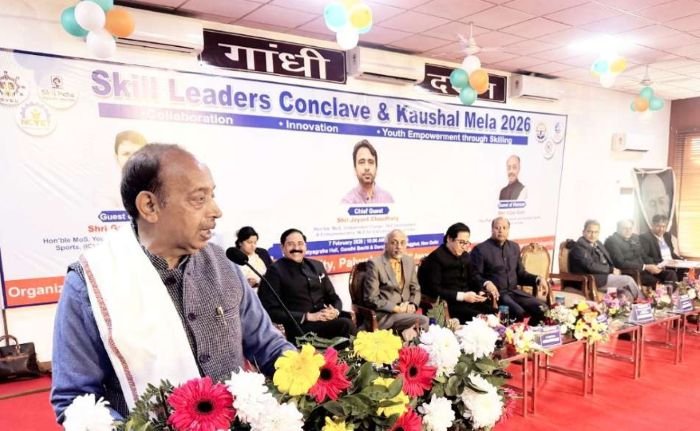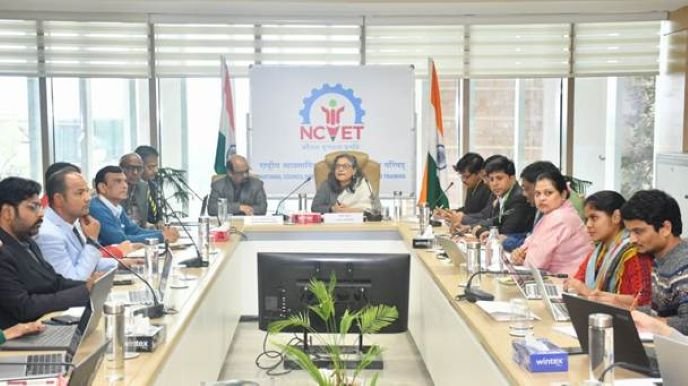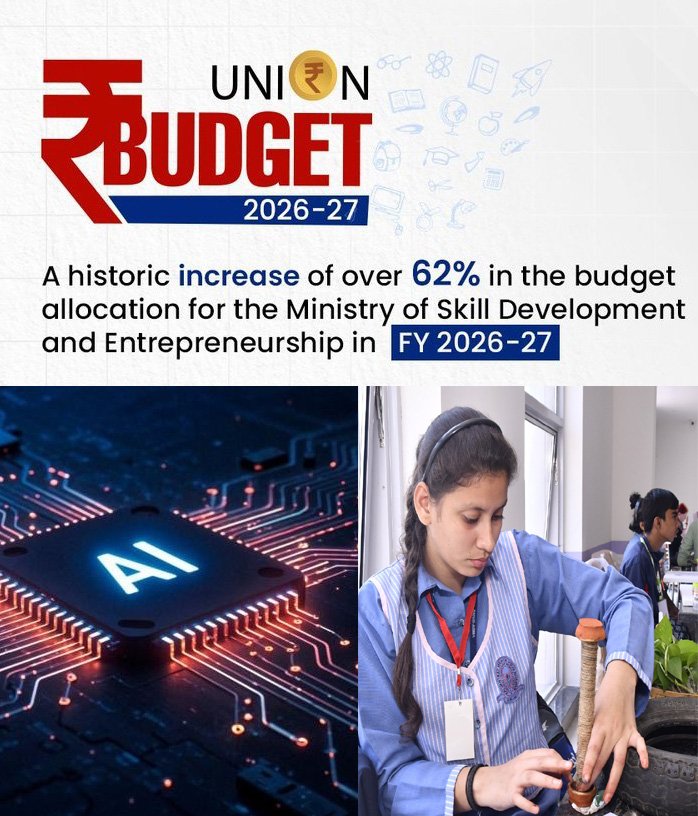
Prominent leaders from government, industry, CSR foundations, social impact funds, and academia came together in Mumbai for the G.R.O.W.T.H. Dialogue – Gathering Resources and Opportunities for Workforce Transformation & Humanity, convened by Phillips Education and Arthan.
The dialogue centered on a defining question for India’s future: Can India truly emerge as a global superpower without a skilled workforce?
The stakes are high. A recent McKinsey analysis estimates that effective skilling could add $500 billion to India’s GDP by 2030, making it both an economic growth driver and a national security imperative. The aerospace and defence sectors alone highlight the urgency: a single modern aircraft requires more than 40 lakh precision parts, and India is projected to face a shortage of 15 lakh defence cybersecurity professionals by 2026.
With ambitions to lead in aerospace, defence, semiconductors, renewables, and AI, India is at a critical crossroads. The World Economic Forum warns that 44% of today’s skills will be obsolete by 2030—underscoring the need for massive reskilling and upskilling. At the same time, India is targeting a $64 billion semiconductor market by 2026, a $70 billion aerospace and defence industry by 2030, and 500 GW of renewable energy by 2030. These aspirations demand not just vision but a skilled workforce to sustain rapid transformation.
Rakshit Kejriwal, Global President of Phillips Education, captured the sentiment:
“India today stands at the threshold of a new industrial era. Each of these sectors—worth billions of dollars—demands one thing above all else: skills. The world’s youngest workforce can either remain a statistic or become a gamechanger. At Phillips Education, we believe that if infrastructure builds nations, then skills build civilizations. To prepare India’s workforce for the future, we urgently need a National Skilling Coalition—government, industry, academia, and CSR working together.”
Satyam Vyas, Founder & CEO of Arthan, reinforced the inclusive dimension of skilling:
“Skilling is not just about employability—it’s about building the workforce that will power India’s future. As the world navigates climate, technology, and demographic transitions, investing in people becomes our strongest lever for sustainable growth. Platforms like this ensure that young people, women, and underserved communities don’t just participate in the workforce but lead it.”
The dialogue also highlighted Phillips Education’s flagship initiatives in building a future-ready workforce:
- Centers of Excellence in Advanced Manufacturing & Emerging Technologies (including Renewable Energy), with 100% student placement in high-quality jobs.
- Industry–Academia Collaborations, such as an R&D lab with IIT-Bombay in hybrid technology combining CNC machining and 3D printing for aerospace applications.
- Skilling for Inclusion Programs, empowering underserved youth and women through entry-level technology training.
The G.R.O.W.T.H. Dialogue underlined one truth: India’s economic rise depends not just on investments in infrastructure, but on investments in people. By forging cross-sector coalitions, India has the chance to turn its demographic advantage into the foundation of global leadership.








